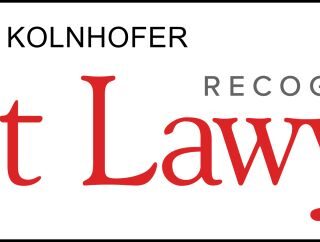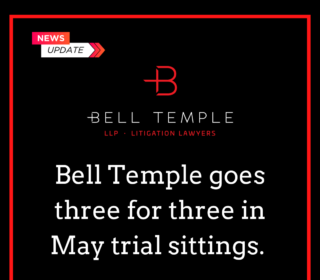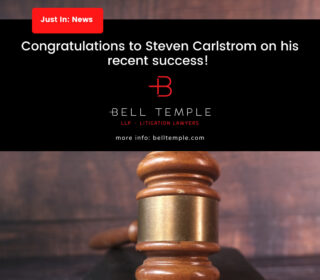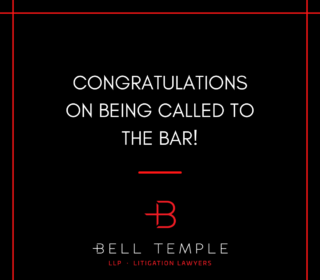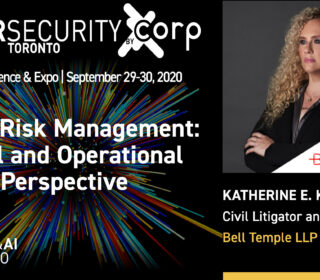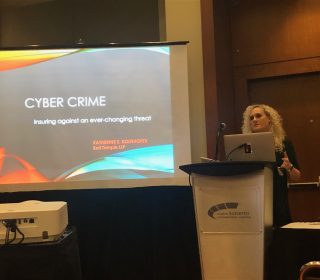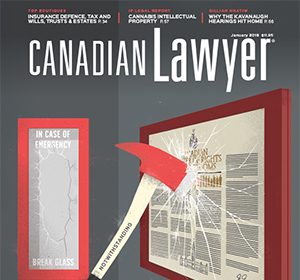The Plaintiff commenced an action on January 28, 2019 in the ordinary procedure alleging injuries sustained in a motor vehicle accident. The Defendant delivered a statement of defence and jury notice on April 4, 2019. The matter proceeded through the ordinary course and the Plaintiff filed a trial record on consent to proceed in the jury sittings commencing in October 2022. In response to the amendments to the Courts of Justice Act, R.S.O. 1990 c. C.43 that came into effect January 1, 2020 for matters pursuant to Rule 76 (Simplified Rules cases), and in light of the Lightfoot v. Hodgins et al., 2021 ONSC 1950 decision, the Plaintiff brought a motion to transfer the action to Simplified Procedure and to strike the Defendant’s jury notice. The Plaintiff argued that as in Lightfoot, the trial of her action is well suited for a 5-day summary trial and that the Defendant would face no prejudice if the jury is struck.
In opposing the motion, Mr. Truax argued that the right to a jury trial is not only a substantive one, but also a statutory right as Rule 76.14 of the Rules of Civil Procedure and Section 108(2.1) of the Courts of Justice Act preserve a party’s right to a jury provided the jury notice was delivered before January 1, 2020 (in this case it was). It was further argued that striking the jury notice and changing the trial forum to a strict 5-day Rule 76 summary trial is not a just term of amending the Plaintiff’s claim and would cause non-compensable prejudice to the Defendant.
In denying the Plaintiff leave and dismissing the motion, her Honour held:
[17] I agree with the analysis of Justice A. Ramsay in Thomas v. Aviva, 2022 ONSC 1728 where she states, “Read in concert, the transition provision in s. 108(2.1) of the CJA and rule 76.14 of the Rules of Civil Procedure, make it clear that the amendments with respect to limiting jury trials under Rule 76 were not to have retrospective (retroactive) effect, but rather, were to operate prospectively for any jury notice delivered after January 1, 2020.”
[18] It is trite law to say that the right to a jury trial is a substantive right; not absolute, but important. In this case there is no evidence that persuades me the jury notice ought to be struck or that there is any advantage to moving the action to the Simplified Procedure at this point in time. Rather, the motion seems tactical.
[19] It is unclear to me why the Plaintiffs have breached the timetable order I made requiring their expert reports to be served by March 1, 2022. The submission that the Plaintiffs are ready for trial and wish an expeditious, efficient, cost-effective trial is difficult to accept given the failure of the Plaintiffs to serve expert reports in compliance with the timetable counsel agreed to. Further, the broad-brush assertion that jury trials take longer than non-jury trials and are more expensive to the parties is simply not the case. What increases costs of trials is the failure of counsel to agree on matters that ought to be agreed upon and the failure to work collaboratively to ensure the evidence is put before the Court in an efficient, fair fashion.










